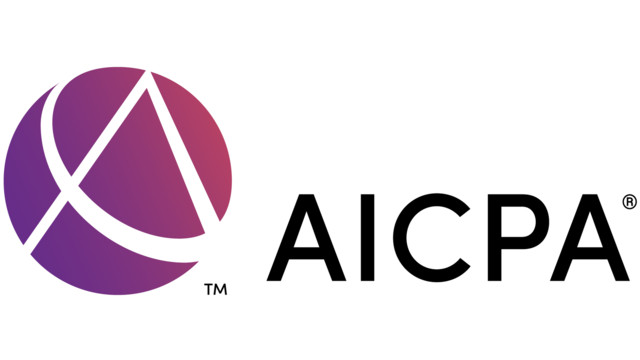The Association of International Certified Professional Accountants, the unified voice of the American Institute of CPAs and the Chartered Institute of Management Accountants, has issued comments on the new Secretariat Proposal for a “Unified Approach” under Pillar One presented by the Organisation for Economic Co-operation and Development (OECD). These comments address the OECD’s overall approach, policy, and technical and administrability issues.
Among several issues addressed in the letter, the Association believes that any revised international tax rules should apply consistently and neutrally across all industries and business models, and calls for clarity on the definition of businesses and business lines under the Pillar One Proposals.
A key difficulty addressed in the comment letter is the issue of enforcing compliance by a non-resident enterprise. Today, the current international tax system requires an organization to have a physical presence to be taxed. Without a physical presence, there are challenges in the event of noncompliance with a company’s filing or payment obligations.
“The OECD has spent many months gathering input and developing proposals to address the need for updated international tax rules. The Association understands the profound impact that a unilaterally imposed digital services tax can have on a business and their accountant advisors,” said Association Vice President of Taxation, Edward Karl, CPA, CGMA. “Digital taxes enacted unilaterally increase the difficulty for the accounting profession to manage clients’ risk because of the uncertainty of tax liabilities and possibility of an unlevel playing field. The Association supports the OECD in their efforts to revise this system in an equitable and efficient way.”
“Updating the international corporate tax rules for the digital age is a significant undertaking, and the OECDs efforts to do so are laudable. The enormity of such an undertaking impresses upon us the importance of ensuring equity and consistency in the application of any revised international tax rules as well as clarity in defining its scope,” said Association Vice President of Global Advocacy, Samantha Louis. “We believe this comment process gives us the opportunity to ensure these benchmarks are met and is an important step in addressing unilateral, cross-border taxation actions that can lead to business uncertainty, double taxation and lengthy and expensive controversy for businesses and governments,” she continued.
The Association of International Certified Professional Accountants (the Association) is the most influential body of professional accountants, combining the strengths of the American Institute of CPAs (AICPA) and The Chartered Institute of Management Accountants (CIMA) to power opportunity, trust and prosperity for people, businesses and economies worldwide. It represents 657,000 members and students across 179 countries and territories in public and management accounting and advocates for the public interest and business sustainability on current and emerging issues. With broad reach, rigor and resources, the Association advances the reputation, employability and quality of CPAs, CGMAs and accounting and finance professionals globally.
Thanks for reading CPA Practice Advisor!
Subscribe Already registered? Log In
Need more information? Read the FAQs




